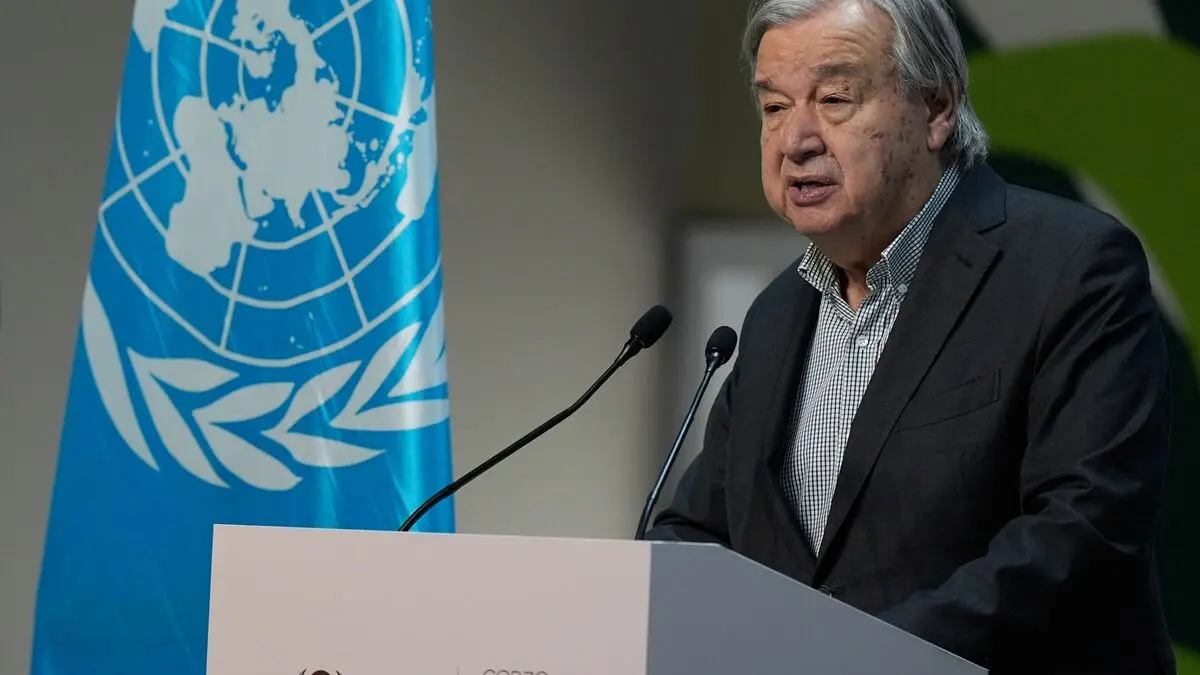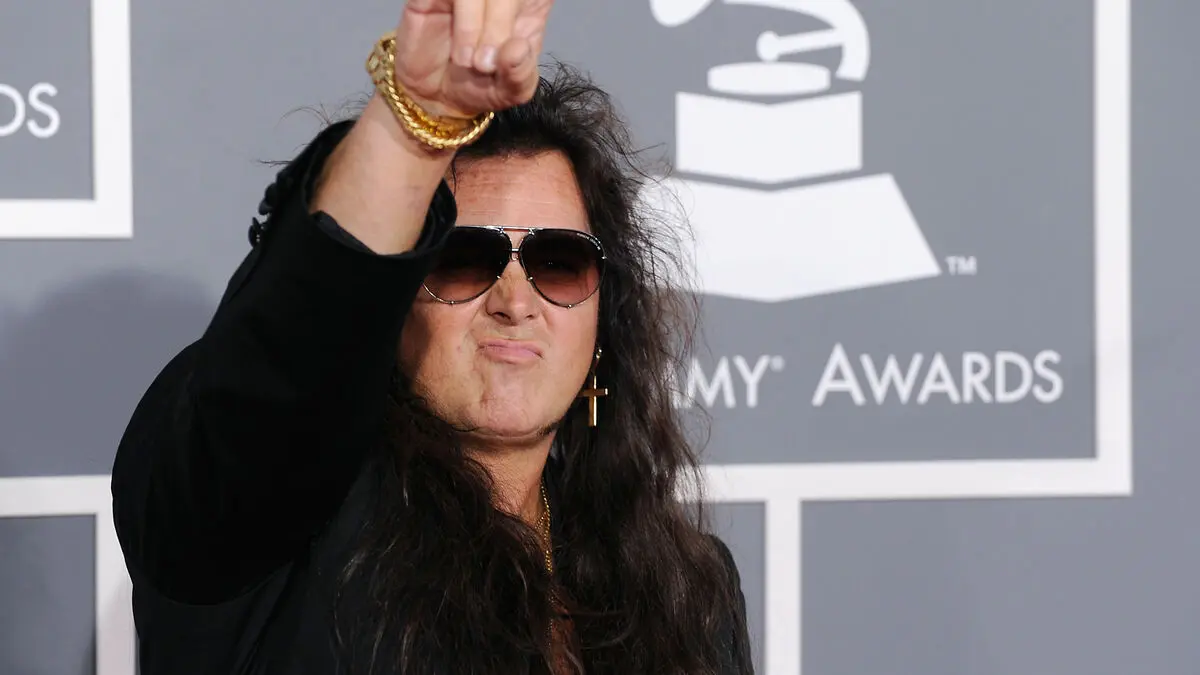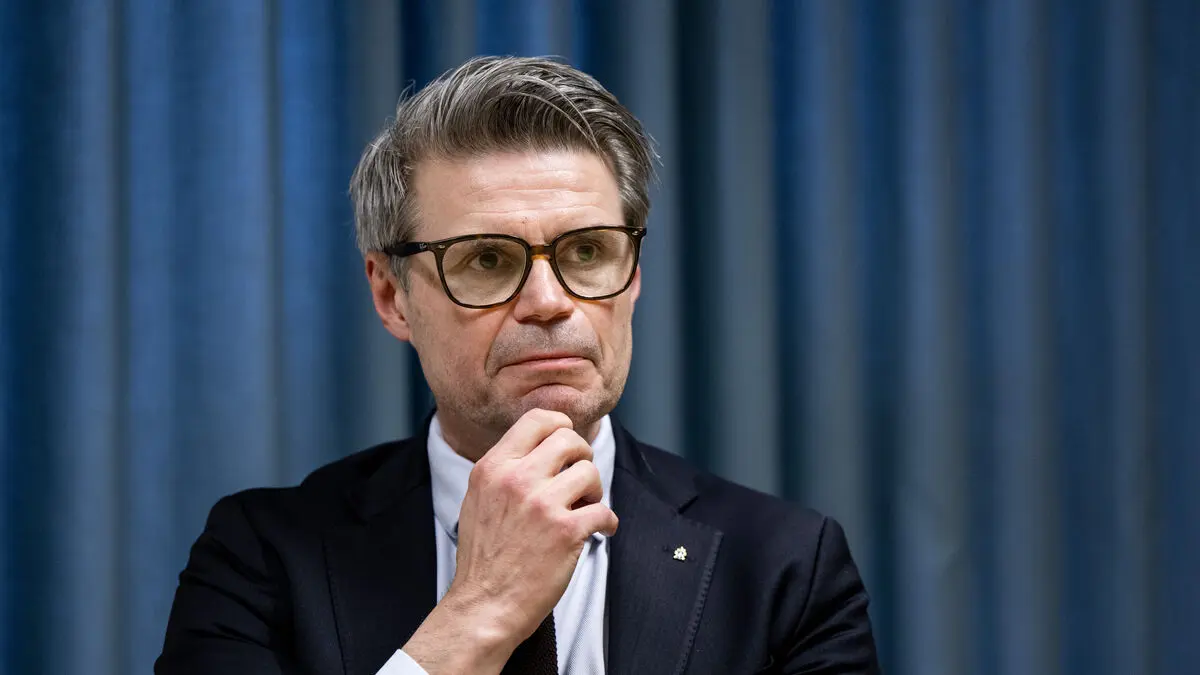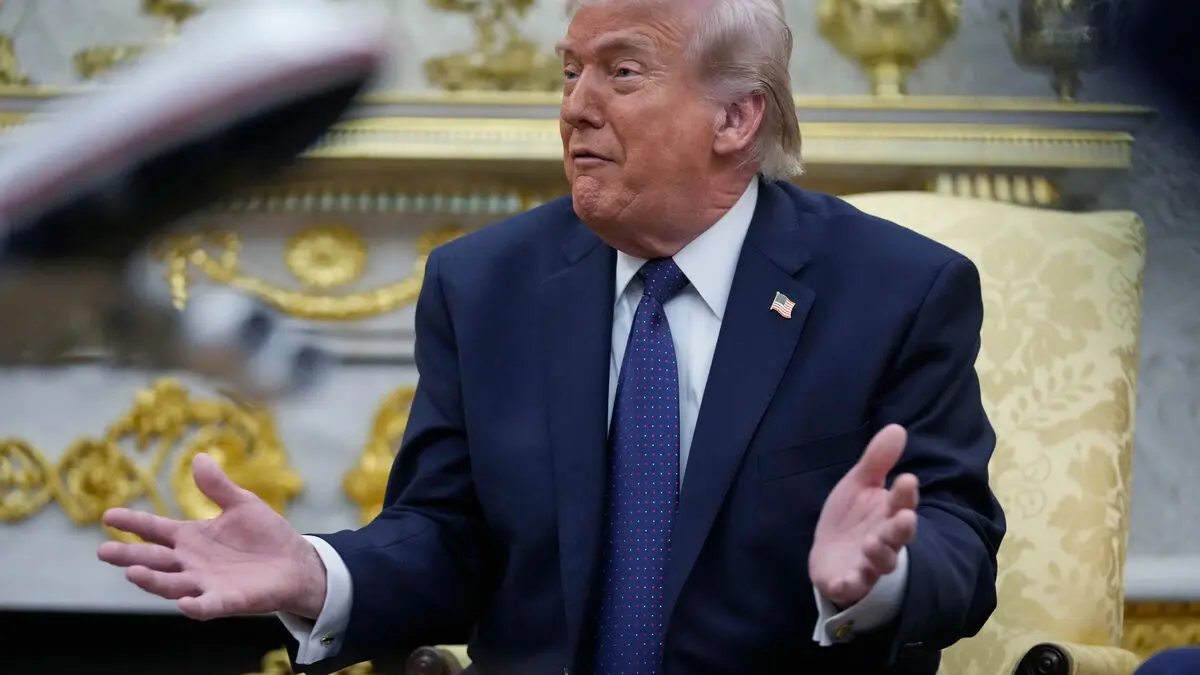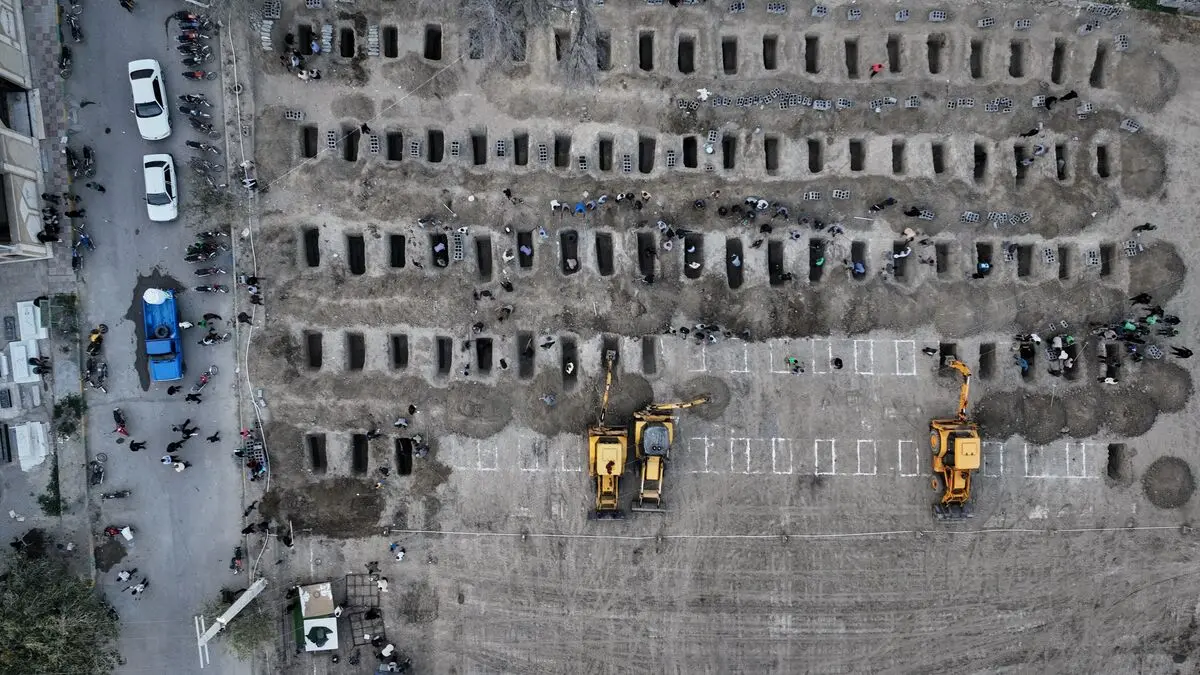The world is watching Belém. The communities on the front lines are watching too – counting flooded houses, failed crops, lost jobs and asking themselves “how much more are we going to endure”? They have heard enough excuses and are demanding results, he said at a press conference ahead of today’s negotiations.
The emission reductions that countries have committed to so far in their national climate plans will lead to a global temperature increase of more than two degrees, Guterres notes.
It is a death sentence for many. We need to act much faster and drastically reduce emissions.
Even if the target of 1.5 degrees of warming is temporarily exceeded, one can still influence how long the target is exceeded, Guterres emphasizes, urging countries to show will and flexibility to keep the target alive.
When asked if he believes US President Donald Trump, who recently called the climate crisis a hoax, will ever change his mind, Guterres said:
Hope is the last thing to die.
The UN climate summits, COP, are held in different locations each year. COP stands for "Conference of the Parties" and refers to the parties to the UN Climate Convention.
The first climate summit COP1 was held in Berlin, Germany, in 1995.
At the meeting in Kyoto, Japan in 1997, the first global climate agreement, the Kyoto Protocol, was negotiated.
In the 2015 Paris Agreement, most of the world's countries agreed to keep the increase in global average temperature well below 2 degrees, and preferably below 1.5 degrees, compared to pre-industrial times. This will be done primarily by reducing greenhouse gas emissions.
COP30 will be held in Belém, Brazil, from November 10 to 21.

